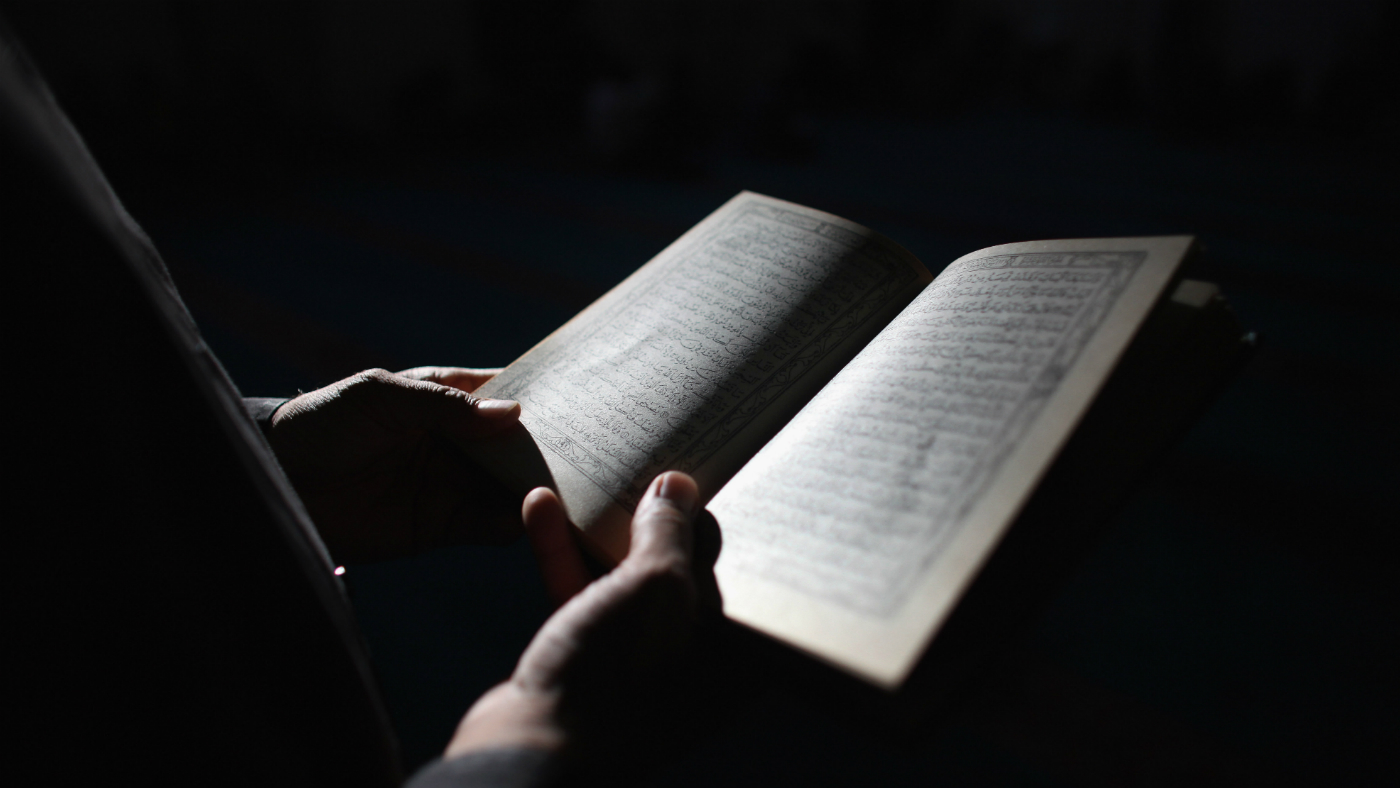Unregistered schools: how many are there?
New Ofsted report says thousands of pupils are enrolled in ‘appalling’ rogue institutions

A free daily email with the biggest news stories of the day – and the best features from TheWeek.com
You are now subscribed
Your newsletter sign-up was successful
More than 500 suspected illegal schools attended by a total of at least 6,000 pupils have been identified in England over the last three years, according to a new Ofsted report.
The schools inspectorate said that councils across the country are paying “thousands of pounds to send children with behavioural problems to unregistered schools” with poor conditions where pupils “languish”.
The watchdog has investigated 521 suspected illegal schools, of which almost a quarter were in London, since 2016.
The Week
Escape your echo chamber. Get the facts behind the news, plus analysis from multiple perspectives.

Sign up for The Week's Free Newsletters
From our morning news briefing to a weekly Good News Newsletter, get the best of The Week delivered directly to your inbox.
From our morning news briefing to a weekly Good News Newsletter, get the best of The Week delivered directly to your inbox.
Such schools are run by unqualified staff, and in some cases by teachers banned from the profession, says The Independent.
And Ofsted warns that the schools indentified by its investigators may be the “tip of the iceberg”.
The two most common types of illegal school were places of religious instruction (21%) and of “alternative provision” - for pupils with behavioural issues (28%).
These so-called alternative provision settings are “private operations, but inspectors say some places are funded with public money”, the BBC reports. One school was found to be receiving £27,000 a year per child from its local authority.
A free daily email with the biggest news stories of the day – and the best features from TheWeek.com
The Guardian says that some of the illicit schools were in an “appalling condition, with rat traps, exposed wires and open sewers”.
Are they illegal?
Technically, yes, but institutions are able to exploit loopholes about the definitions of education, according to Ofsted.
By law, any school in England that teaches five or more children for at least 18 hours a week needs to be registered with the authorities. In Wales, that applies to all “full-time education”, while Northern Ireland and Scotland require all independent schools to be registered.
But legal guidance previously cited by the Department for Education says that a site “is not technically a school if it doesn’t teach general classes of education”, the BBC says.
“Hence any place that only teaches religious education - be it Muslim, Jewish, Christian or any other faith - is arguably not a school,” the news site explains.
Critics disagree, however. “Of course they’re schools,” says Jay Harman, from Humanists UK, a pressure group that campaigns on the issue. “These are places which provide children their only education from dawn till dusk.”
What kind of curriculum do these schools follow?
At many unregulated faith schools, students are required to study religious texts - such as the Koran, the Talmud and Torah, or the Bible - and little else. Maths, English and science often do not feature on the curriculum, and no official exams are taken.
The institutions are “deliberately left unregistered to avoid regulations on the quality of education young people should receive”, says the National Secular Society, which also campaigns against illegal faith schools.
“Children enrolled there leave education with limited, if any, ability to read and write in English, no qualifications and no skills to get work,” the organisation claims.
The situation is little better at some of the alternative provision schools inspected by the Ofsted taskforce. At one, “pupils were left to play computer games all day”, says the Guardian.
What action is being taken by the Government?
Of the 521 “potentially illegal settings” identified since the specialist Ofsted taskforce was established in 2016, the watchdog has “inspected 259 and issued warnings to 71, of which 15 have closed and 39 are now compliant with the law”, says Schools Week.
“However, so far, just one setting has been successfully prosecuted for operating illegally,” the education news site adds.
Inspectors say they have limited powers: they are not allowed to take away any evidence, enter premises with locked doors or call witnesses to be interviewed, the BBC reports. Indeed, all they are really able to do is issue a warning notice and seek to prosecute the person running the school.
After a warning notice is issued, the Department for Education has to approve the move. Evidence is then passed to the Crown Prosecution Service, before the education secretary is given the final decision about whether to proceed.
“I’m walking into an institution that’s possibly operating illegally. It is unlikely that they are going to hand over everything I need to be able to prove that that’s a school,” Sue Will, a senior inspector with the team, told Schools Week.
“What we don’t have is any powers to search and seize. So under this part of the legislation, really I am reliant on people handing that over to me.”
-
 How the FCC’s ‘equal time’ rule works
How the FCC’s ‘equal time’ rule worksIn the Spotlight The law is at the heart of the Colbert-CBS conflict
-
 What is the endgame in the DHS shutdown?
What is the endgame in the DHS shutdown?Today’s Big Question Democrats want to rein in ICE’s immigration crackdown
-
 ‘Poor time management isn’t just an inconvenience’
‘Poor time management isn’t just an inconvenience’Instant Opinion Opinion, comment and editorials of the day